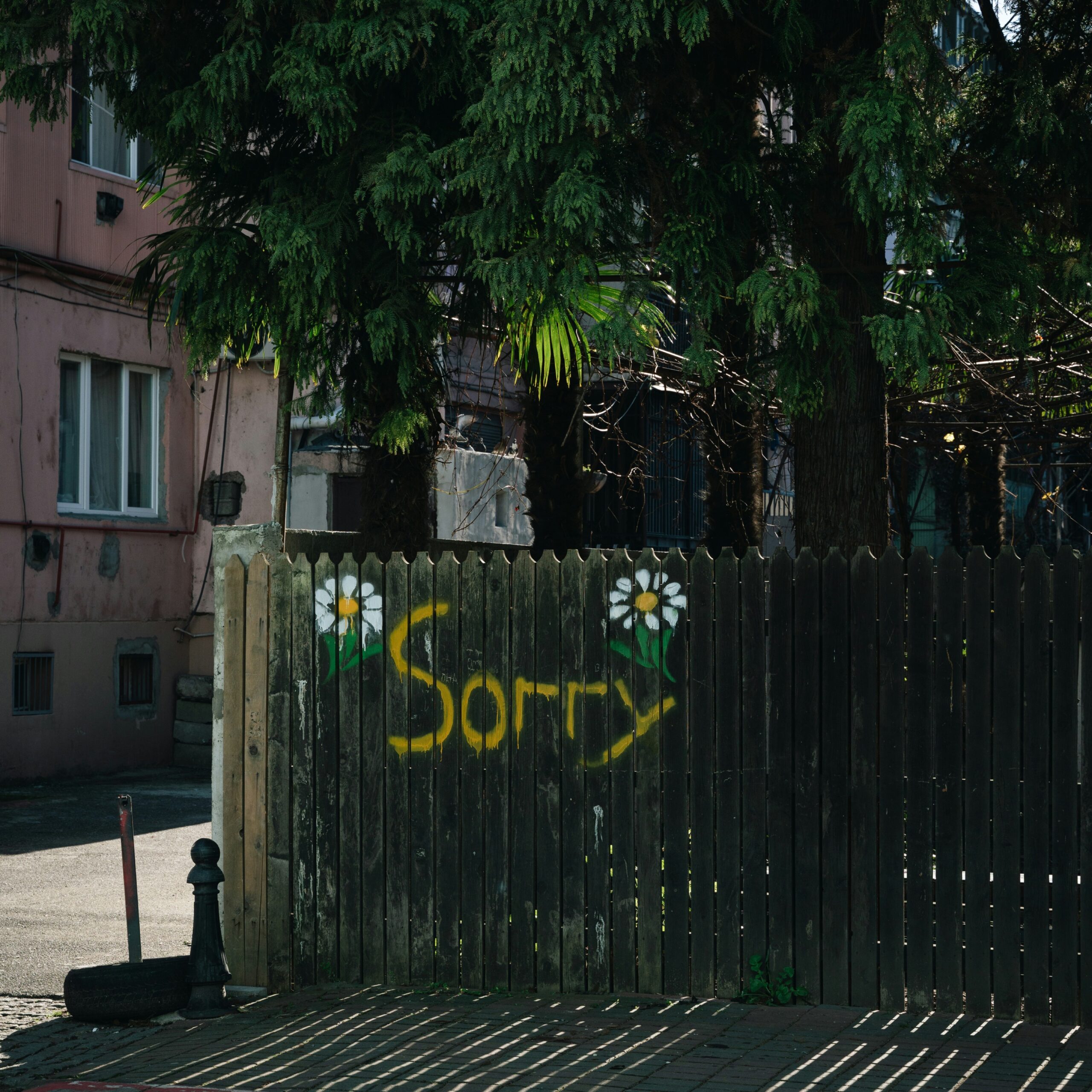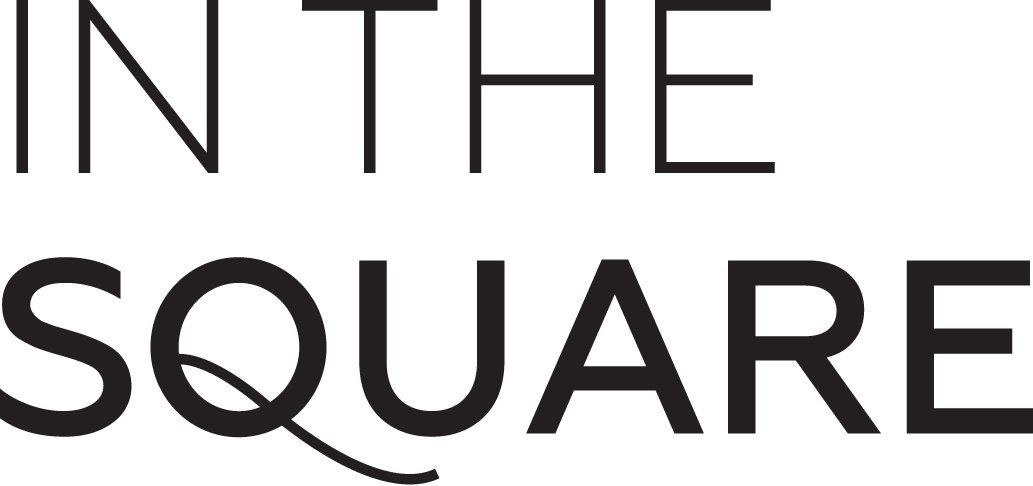Recently I went to synagogue to observe the Jewish high holy day called Yom Kippur. This is the day when traditionally people fast and stop all activities to think about the past year and pray to God to forgive them for whatever actions they have done which harmed others. With this day being all about asking for forgiveness I’m reminded of The Lord’s Prayer which was a great comfort to me throughout my childhood but has one line which I stumble over. In this Christian Prayer, Jesus taught his disciples – “Forgive my trespasses as I forgive those who have trespassed against me.” It’s advice that you will find in all major faiths and it’s a key aspect to Catholicism because of Confession. In the Quran it is beautifully explained that by forgiving others we abandon our ego for a higher purpose and for the pleasure of Allah.
And yet. How do you forgive somebody who has committed a great atrocity? How do we forgive cold-blooded murderers, violators, torturers and war-mongering haters? Should those people who take what is precious from innocent lives and cause too much grief or trauma be allowed to live in peace because they’ve said sorry? I think about how if Hitler and his officers had repented (made a sincere demonstration of regret for murdering 6 million Jews and a few million non-Jews who didn’t fit the Aryan ideal,) I still wouldn’t be able to think let bygones be bygones. On the contrary, I believe it’s important not to forget the Nazi regime as our best chance for such genocide never being repeated.
I want to think that when someone commits what we call a heinous or shockingly evil crime, and even as that person may go to prison for it, there’s no amount of apologising that will dissolve abominable brutality – hence the word ‘unpardonable.’ And as for all the religions which inspire me and yet commonly speak of forgiveness – I wonder if when holy scriptures were being written societies didn’t have, for example, serial killers and ruthless pathological manipulators? Perhaps the type of sins that occurred in those age-old communities were of the kind that could be forgiven – like pride, greed, wrath, envy, lust, gluttony and sloth. Maybe in that faraway past these capital vices hadn’t yet mutated into the monstrous actions that characterise some of today’s extensive behaviour such as rapaciousness, wilful destructiveness and cruel revenge?
I told a friend about my theories, and she said that I can’t overlook how humans have always been making war and acting nasty – “Think of Attila the Hun! Think of slaves being thrown to the lions for amusement!” she declared. Then she made a good point about how perhaps by now we ought to have got our s**t together and be a more civilised people. “And what about forgiveness?” I persisted. “Tricky one,” she replied, before telling me that there really are people who attempt and maybe succeed to forgive prisoners who’ve murdered their loved ones.
I’m resigned to my questions being unanswered. Besides, what concerns me more in my daily life is learning how to apologise. On the day of Yom Kippur there’s a four-step process to atone for our transgressions called Teshuvah. First, we must acknowledge our mistakes which also indicates that we have regret. Then we must stop any wrongful actions with a real commitment to change rather than just talking about a desire to improve. Thirdly, and perhaps this is the most difficult step, we need to make the change real by verbally admitting our mistake(s) and asking for forgiveness from those we have harmed. And resolution is the fourth step in which we determine never to repeat the harmful action in the future.
From personal experience, I’ve seen that each time when I’ve needed to say sorry, the approach has been different. Sometimes it’s enough just to communicate better where I was coming from – it was never my intention! or to admit both to myself and the other that I was projecting my own negativity. Then there are times when I need to truly listen to the person whom I’ve hurt, and it may take a while before that person feels ready to move on. I literally can’t feel another person’s pain (I’m not in their body,) but I can humbly wait until they tell me the wound is healed and meantime stay consistent in my state of sorry. In that instance it’s not about the strength of my apology or whether it comes with flowers and fanfare, but rather me being prepared to let the person I’ve offended decide when forgiveness is in the air.
Cover Photo: By Nick Night





